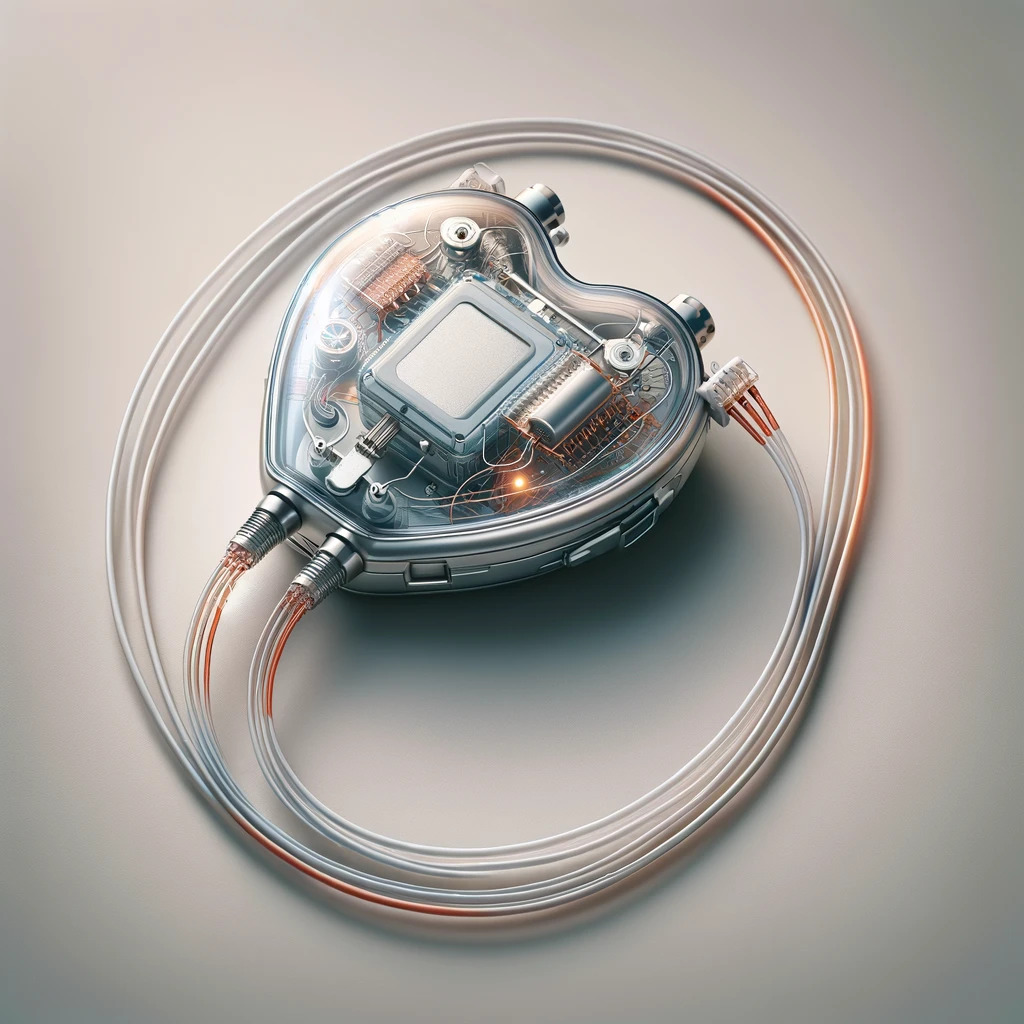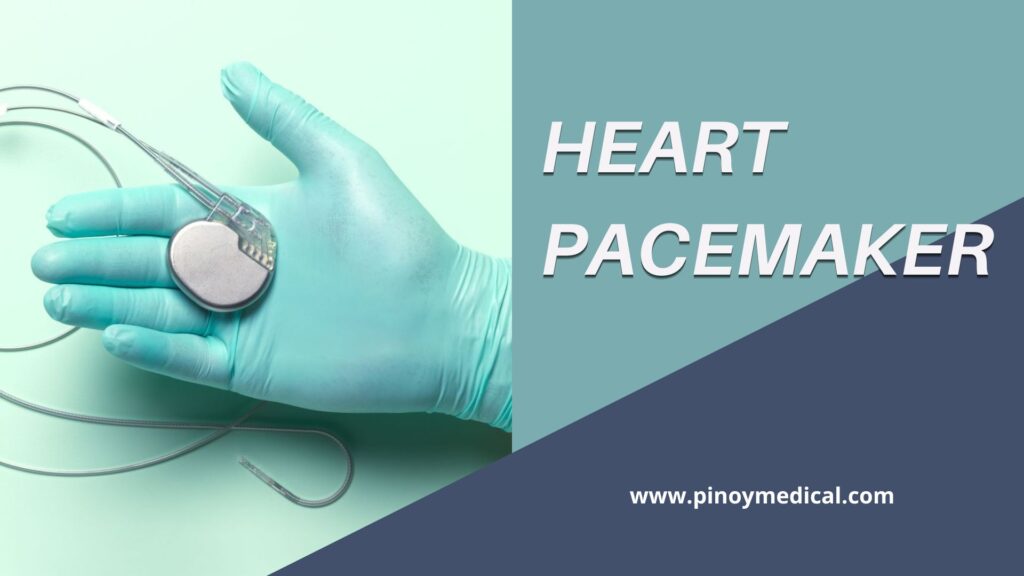An implanted cardiac pacemaker uses electrical impulses to control irregular cardiac beats. It ensures a steady heartbeat by treating problems like bradycardia. Benefits for people with cardiac rhythm abnormalities include better quality of life and increased heart function.
Heart Pacemaker Price
The cost of a heart pacemaker usually varies between ₱100,000 and ₱250,000, depending on the device type and number of chambers it covers. Bundled treatment packages or devices with several chambers may be eligible for discounts. The price of extra services, like pre- and post-implantation care, may also change. It is recommended to discuss specific funding and price options with healthcare providers.

Popular Hospitals that Offer Heart Pacemaker Price
Heart pacemaker prices vary between hospitals for a variety of reasons, including the kind of device, hospital location, and other services offered. More expensive technological technology or customized treatment regimens might be found in specialized hospitals. Due to economies of scale, larger hospitals might provide reduced costs in the interim. Speaking with healthcare professionals might help to explain alternatives and costs.
| Hospital/Lab | Location | Contact | |
| Philippine Heart Center | J2VX+J72, East Ave, Diliman, Quezon City, Metro Manila | 0289252401 | [email protected] |
| Manila Cardiac Station Inc. | 1923 San Marcelino St, Malate, Manila, 1004 Metro Manila | 0283539487 | [email protected] |
| Perpetual Help Medical Center | Alabang-Zapote Rd., Pamplona IIILas Pinas City, Philippines 1740 | 8880-7700 | 8874-8515 | [email protected] |
| Manila Doctors Hospital | 667 United Nations Ave, Ermita, Manila, 1000 Metro Manila | (+632)8558-0798 | [email protected] |
| Asian Hospital and Medical Center | 2205 Civic Dr, Alabang, Muntinlupa, 1780 Metro Manila | 279 E Rodriguez Sr. Ave, Quezon City, Philippines Rizal Drive cor. 32nd St. and 5th AveTaguig City, Philippines | [email protected] |
| The Medical City | Ortigas Ave, Pasig, Metro Manila | (+632) 8-988-1000 | [email protected] |
| Chinese General Hospital and Medical Center | 286 Blumentritt St., Sta. Cruz, Manila 1014 Metro Manila | (02) 8711 4141 | [email protected] |
| St. Lukes Medical Center | 279 E Rodriguez Sr. Ave,Quezon City, Philippines Rizal Drive cor. 32nd St. and 5th AveTaguig City, Philippines | +63-2-8723-0101 +63-2-8789-7700 | [email protected] [email protected] |
| San Pedro Hospital | Zone 073, Mirasol Bldg, 303 Rm, Taft Ave, Ermita, Manila | 0283936538 | [email protected] |
| East Avenue Medical Center | East Avenue, Diliman, Quezon City, Metro Manila 1100 | (02) 8928-06-11 | [email protected] |
Video about Heart Pacemaker
FAQs
Who requires a cardiac pacemaker?
A pacemaker may be necessary for people who have arrhythmias, or irregular cardiac rhythms, such as bradycardia, a slow heart rate, or heart block.
What kinds of cardiac pacemakers are there?
Pacemakers can be single, dual, or biventricular, contingent upon the number of leads and chambers they regulate.
How is an implanted cardiac pacemaker made?
During a minor surgical operation, a heart surgeon inserts the pacemaker under the skin, close to the collarbone.
Is the procedure to implant a pacemaker painful?
Because a local anesthetic is administered during the process, there is not much discomfort. Following surgery, patients may feel sore, although this can be treated with painkillers.
What is the lifespan of a cardiac pacemaker?
Depending on variables like battery life and patient usage, modern pacemakers usually last five to fifteen years.
What dangers come with getting a pacemaker implanted?
Infection, hemorrhage, and anesthesia-related problems are among the risks. Serious problems are uncommon, though.
I have a heart pacemaker; can I live a regular life?
Yes, provided they take certain safety measures, most pacemaker users may lead active lives that include travel and exercise.
Do people with pacemakers need to refrain from particular activities?
Activities involving high electromagnetic fields should be addressed with caution, even if the majority of them are safe.
What should I do if my pacemaker is causing symptoms like palpitations or dizziness?
As soon as possible, get in touch with your healthcare physician because these symptoms can point to a pacemaker issue.
If a pacemaker is no longer required, may it be taken out?
Yes, a pacemaker can be physically removed if it is deemed unnecessary or if complications emerge.


